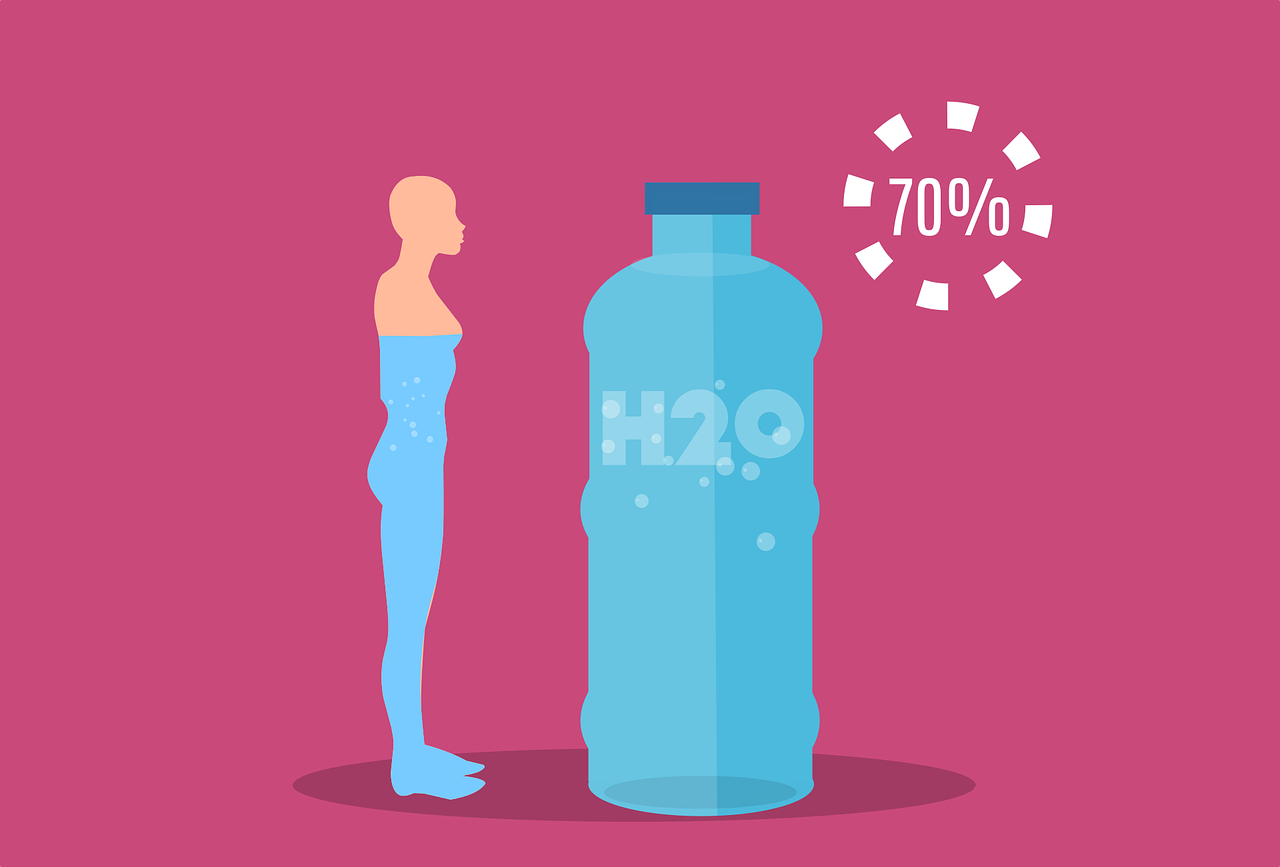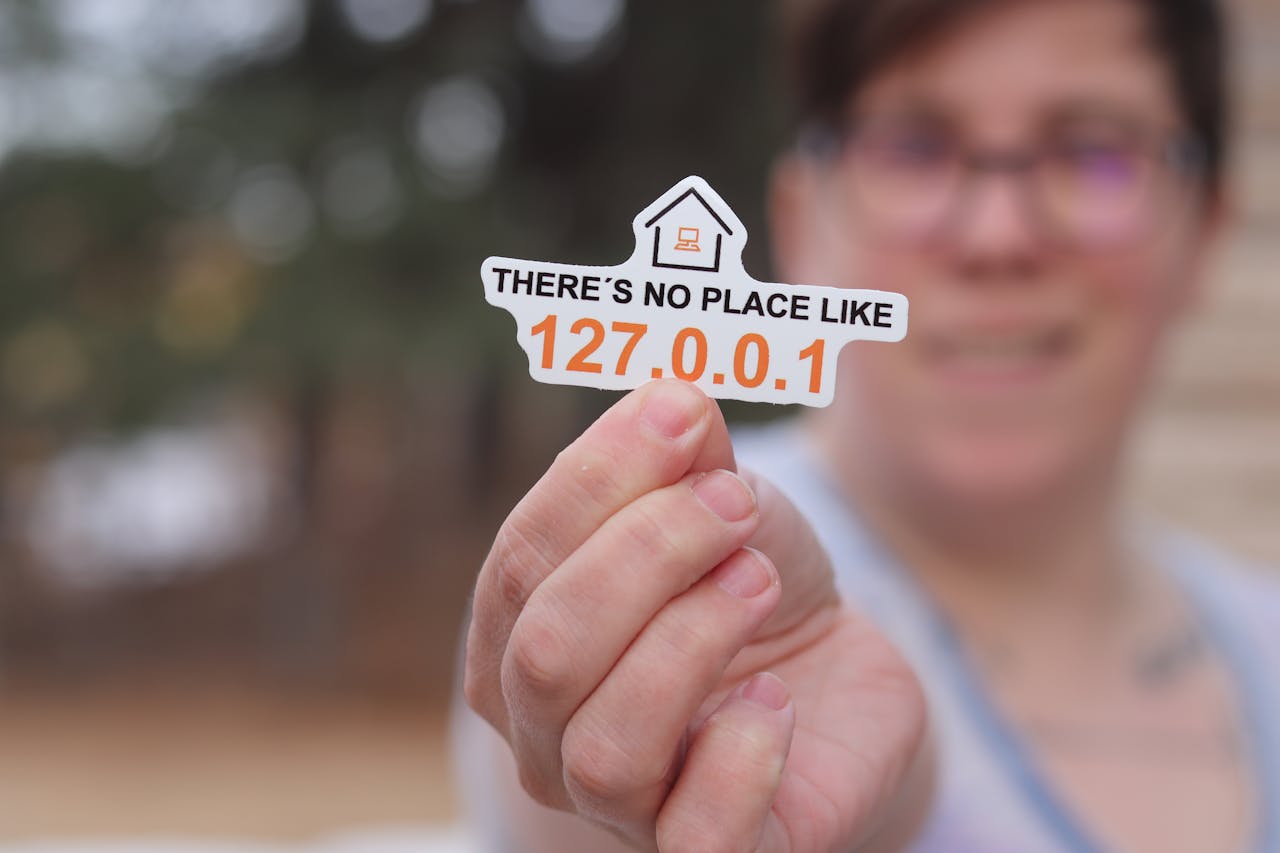HTML Decode
HTML Decode (or HTML Unescape) is the process of converting HTML-encoded text (i.e., HTML entities) back into their original, readable characters. This involves replacing HTML entities, such as <, >, &, and others, with their corresponding special characters (e.g., , &, etc.).
HTML Decode (or HTML Unescape) is the process of converting HTML-encoded text (i.e., HTML entities) back into their original, readable characters. This involves replacing HTML entities, such as <, >, &, and others, with their corresponding special characters (e.g., <, >, &, etc.).
Why HTML Decoding is Necessary:
When HTML-encoded text is stored or transmitted, characters such as <, >, &, and others are encoded to prevent them from being interpreted as HTML tags or commands. However, once this text is ready to be displayed in a browser or processed, it needs to be decoded to show the original content.
HTML decoding reverses the encoding process, allowing the text to be displayed in its proper form.
Example of HTML Decoding:
HTML Encoded Text:
Decoded Text:
In the decoded version:
<is decoded as<&is decoded as&>is decoded as>
Common HTML Entities and Their Decoded Forms:
- < →
<(less than) - > →
>(greater than) - & →
&(ampersand) - " →
"(double quote) - ' or ' →
'(single quote) - → (non-breaking space)
- © →
©(copyright symbol) - ® →
®(registered trademark symbol) - € →
€(euro symbol)
Why HTML Decoding is Used:
-
Display Content Correctly: HTML decoding is used to revert HTML-encoded text back to its original format so that it can be displayed correctly on a web page. Without decoding, encoded characters like
<,>, and&would appear as literal strings in the text, making the content unreadable. -
Security: Decoding is often necessary after encoding user input to safely display it in a web page, especially when data is returned from a database or an API. Decoding ensures that HTML entities are correctly interpreted and displayed.
-
Processing Data: When dealing with data that has been encoded for security or transmission purposes (e.g., to prevent HTML injection), decoding ensures that the data is returned to its original, readable form.
Example of HTML Decoding in Practice:
Consider a scenario where a user submits a comment with special characters, and the comment is encoded for security purposes to prevent code injection.
Encoded Comment (HTML):
After HTML decoding, the comment becomes:
Decoded Comment:
In this case:
<is decoded to<"is decoded to">is decoded to>&is decoded to&
How HTML Decoding is Performed:
-
Manual Decoding:
- You can manually decode HTML entities by replacing them with their corresponding characters using a reference table.
-
Online Tools:
- There are many online tools that can help you easily decode HTML content. You simply paste the encoded text, and the tool will decode it for you.
-
Programming Languages:
- Most programming languages provide built-in functions or libraries to perform HTML decoding:
- JavaScript:
decodeURIComponent(),innerHTML(browser-based decoding) - PHP:
htmlspecialchars_decode(),html_entity_decode() - Python:
html.unescape() - Java:
org.apache.commons.text.StringEscapeUtils.unescapeHtml4()
- JavaScript:
- Most programming languages provide built-in functions or libraries to perform HTML decoding:
Conclusion:
HTML Decoding is essential for converting HTML-encoded text back into a readable form, ensuring that special characters are displayed correctly on web pages. Whether you're displaying user input, handling data from APIs, or processing HTML content, decoding is necessary to interpret and render the text in a way that users can understand. It reverses the encoding process, restoring the characters to their original form so they can be processed or displayed properly in a browser.













